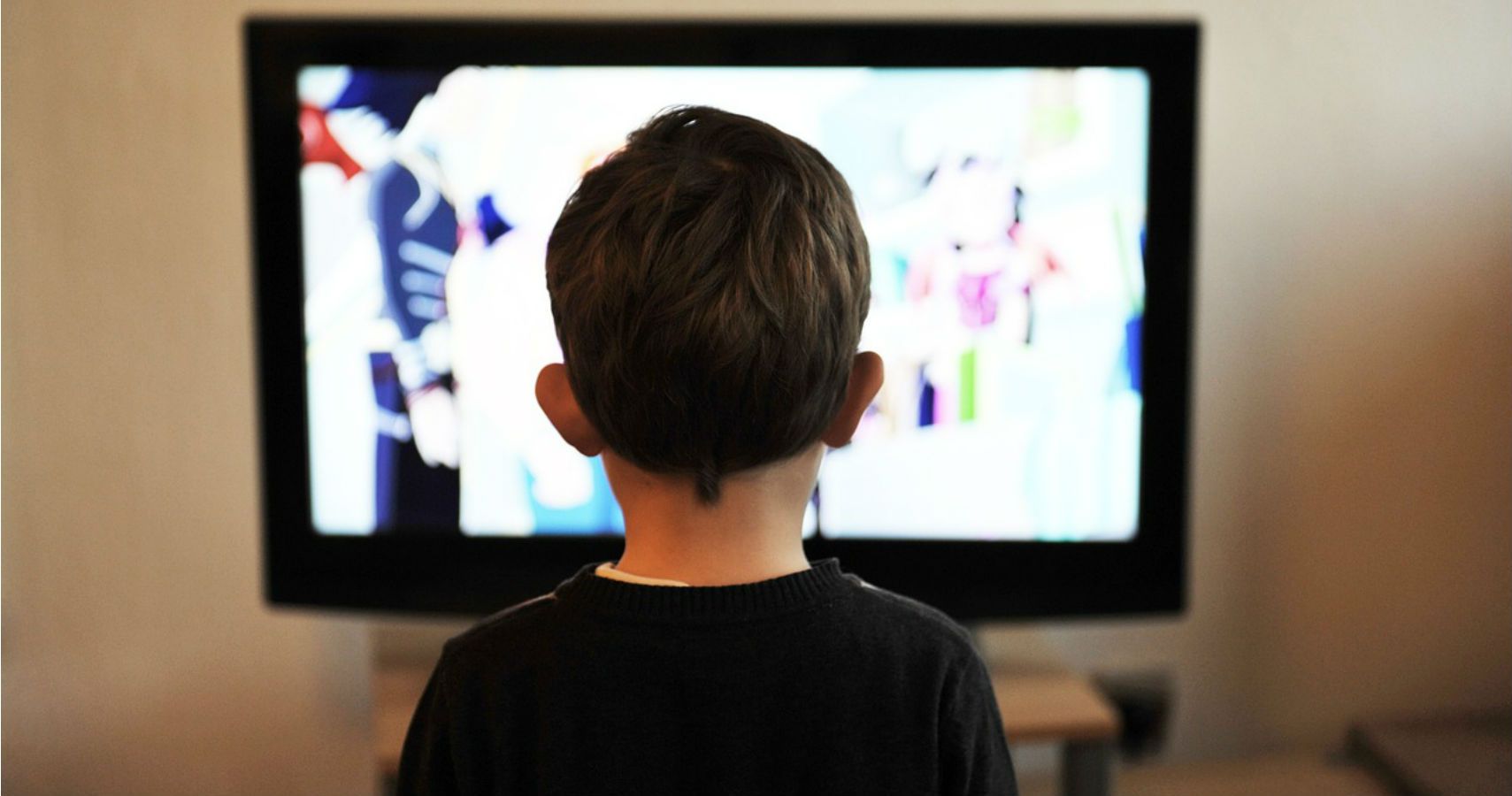According to scientists Rebecca Spencer and Abigail Helm, preschoolers who watch TV before they sleep will get significantly less rest. At the University of Massachusetts Amherst, Spencer is a neuroscientist, and Helm is a developmental science graduate student; both have dedicated their time to researching the effects of sleep on children’s memory and learning. From what they found, parents should keep their kids away from the TV as much as possible.
Spencer is known for her ground-breaking research in naps and their role on children’s memory and learning. According to her findings, 36% of three to five-year-old kids have TVs in their bedrooms, and a third of them usually fall asleep with the TV on. This showed that many parents believed that letting their kids have some watch time before bed would help them wind down. However, with more research, Spencer and Helm found that before-bed screen time actually negatively affects a child’s sleep.
The study was published in Sleep Health (the journal of the National Sleep Foundation), and it proposes that TV usage has a direct correlation with young children’s quality and duration of sleep. By measuring participating kids’ sleep with an actigraphy device on their wrists for 16 days, scientists found that preschoolers who watch less than an hour of TV per day get 22 more minutes of sleep at night (2.5 hours more a week). Those without TVs in their bedrooms got, on average, a total of 30 minutes more sleep than those with TVs. They also slept 17 minutes less total in a day—showing how much of an impact having a TV impacts a child’s rest time.
RELATED: World Health Organization Says Babies Should Have No Screen Time
Their findings align with the World Health Organization’s (WHO) guidelines on screen time. They state that children between the age of two and four should have no more than one hour of "sedentary screen time" a day. Furthermore, the American Academy of Pediatrics propose that toddlers should be limited to an hour of “high-quality programs” daily, and parents should monitor what their kids watch.
All these studies and guidelines all have the same goal: improving the health of our kids. They all emphasize the importance of having good quality sleep for growing children, as it is vital for their growth and mental health. While watching TV can be fun and peaceful, it’s probably best not to give the remote control to the kids on a regular basis.
RELATED: 20 Reality TV Stars We Grew Up Watching As Parents Today

